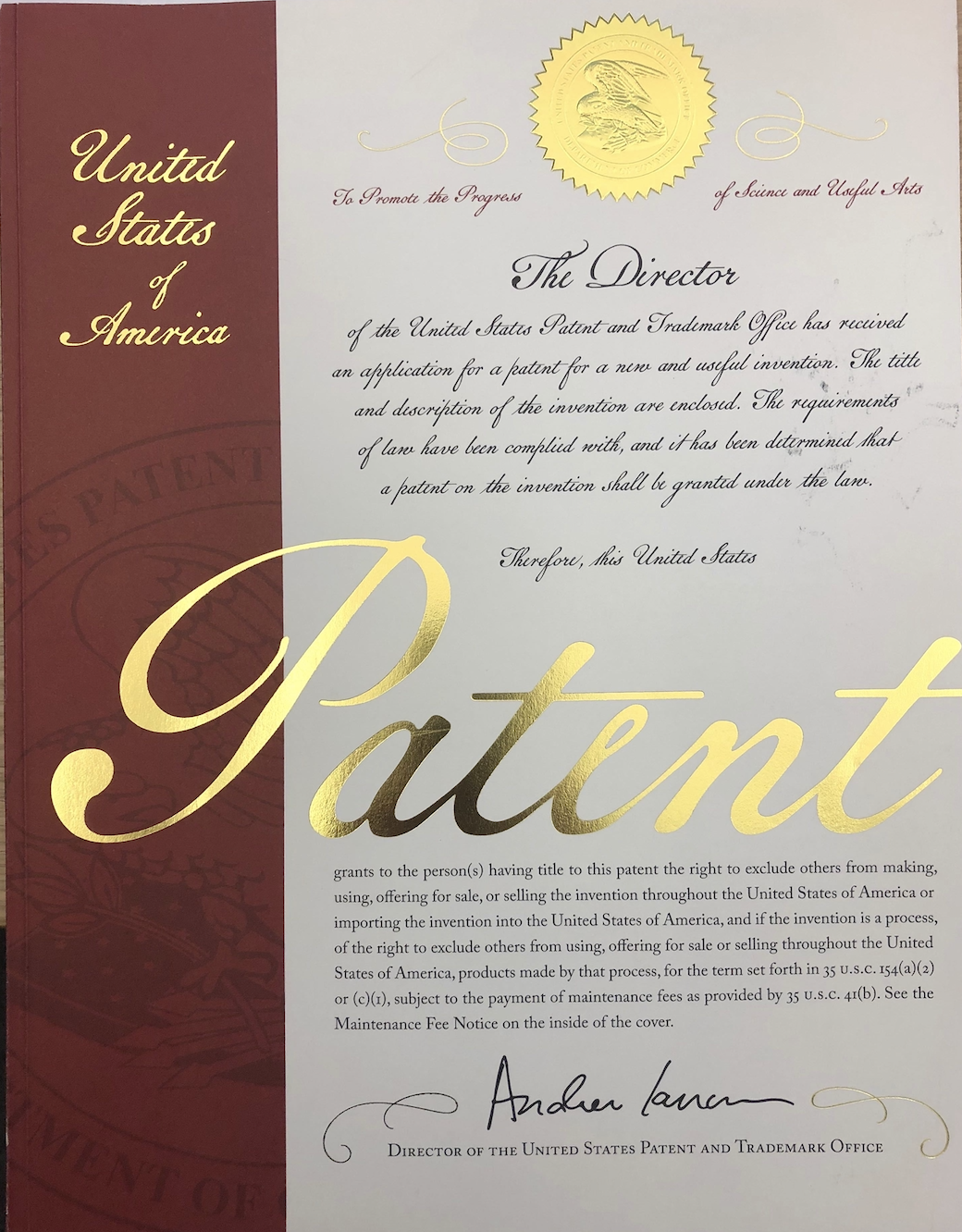Adaptive Charging: Intermittent or Periodic Charging vs Adaptive Charging (Part 2 of 4)
This article originally appeared in the 2Q17 edition of Battery Power Magazine. The article is published on our blog in 4 parts. You can access the full article here.
Intermittent or Periodic Charging
“Intermittent” or “periodic” charging schemes have been tested as ways to improve continuous float charging. In “intermittent” or “periodic” charging, the ratio of float time to open circuit time is fixed; no matter what the battery or environmental conditions are. The cycle of charge and rest proceeds at fixed intervals.
This charging methodology reduces time on float and thus overcharging, but still has shortcomings. First, the correct ratio of float to open circuit time is a moving target dependent on temperature and battery condition and a fixed cycle cannot compensate. An incorrect ratio can result in overcharging or undercharging.
A float to open circuit ratio that might be adequate at 40°C will not be satisfactory at higher or lower temperatures because of different rates of corrosion and dry out. The rate of self-discharge is temperature dependent and the amount of charge required to maintain 100 percent state of charge at 40°C will be considerably greater than at 25°C. These magnitudes of temperature fluctuations are common, especially in outdoor cabinets, and with a fixed charge-to-rest ratio it is impossible to continually adjust float voltages and currents to maintain an optimum charge.
A further weakness is that a fixed ratio may not be capable of compensating for power outages. In cases where numerous short power outages occur, the charge period must also be long enough to restore the battery to full charge. A fixed ratio does not meaningfully improve upon standard float charging. To compensate for varying rates of self-discharge at different temperatures and ensure maximum battery charge for use, the ratio of open circuit to float needs to adapt.
Adaptive Charging
Adaptive Charging is a methodology that uses battery data to administer battery-charging needs on an ever-changing basis. Batteries are only charged exactly as much as is necessary and otherwise remain in an isolated state; they are “virtually disconnected” from the bus, but are capable of providing instantaneous backup power. Using a unique hardware appliance capable of automated testing and charge control, data is automatically collected on pertinent battery parameters many times per day to ensure that batteries end each day fully charged. The practice also allows the identification of thermal runaway and other potentially negative issues.

Figure 2: Servato Smart Power Systems. These appliances are capable of administering an adaptive charge management regimen that can extend battery life and improve battery data.
Adaptive charging uses a dv/dt charge termination to ensure that charging stops immediately when the battery is fully charged, thereby preventing continuous overcharge and overheating. It adapts to the depth of discharge of the preceding discharge and compensates for the effect of temperature. That is, dv/dt = 0 indicates that the battery is charged whether it is at 25°C or 40°C, and whether it has experienced a recent discharge or simply been isolated at rest. This also eliminates the need for temperature compensation of the rectifier.
Certain measurements collected by the appliance, such as open circuit voltage (OCV), internal resistance and voltage under load give a good indication of whether a battery needs to be charged or replaced.
Adaptive Charging and the testing associated with it produces a wealth of battery data and is conducive to advanced analysis of battery signatures to detect harmful trends. The link between maintenance and performance is strong, and a tool that provides monitoring and management capabilities is a major asset to battery managers in telecommunications and other industries.
Part 3 of 4 of the article will be published soon.
About Servato
Headquartered in New Orleans, LA, Servato is a leading provider of active battery management solutions to telecom, power, transportation, and solar companies. Servato’s solutions allow leading companies and infrastructure operators to reduce CapEx and OpEx by extending battery life, reducing maintenance costs and streamlining operations. Utilizing highly accurate data, proprietary algorithms, adaptive charging and cloud-based visualization software, Servato provides unprecedented insight and control over distributed DC power assets in industrial settings. To learn more, please visit: www.servatocorp.com











